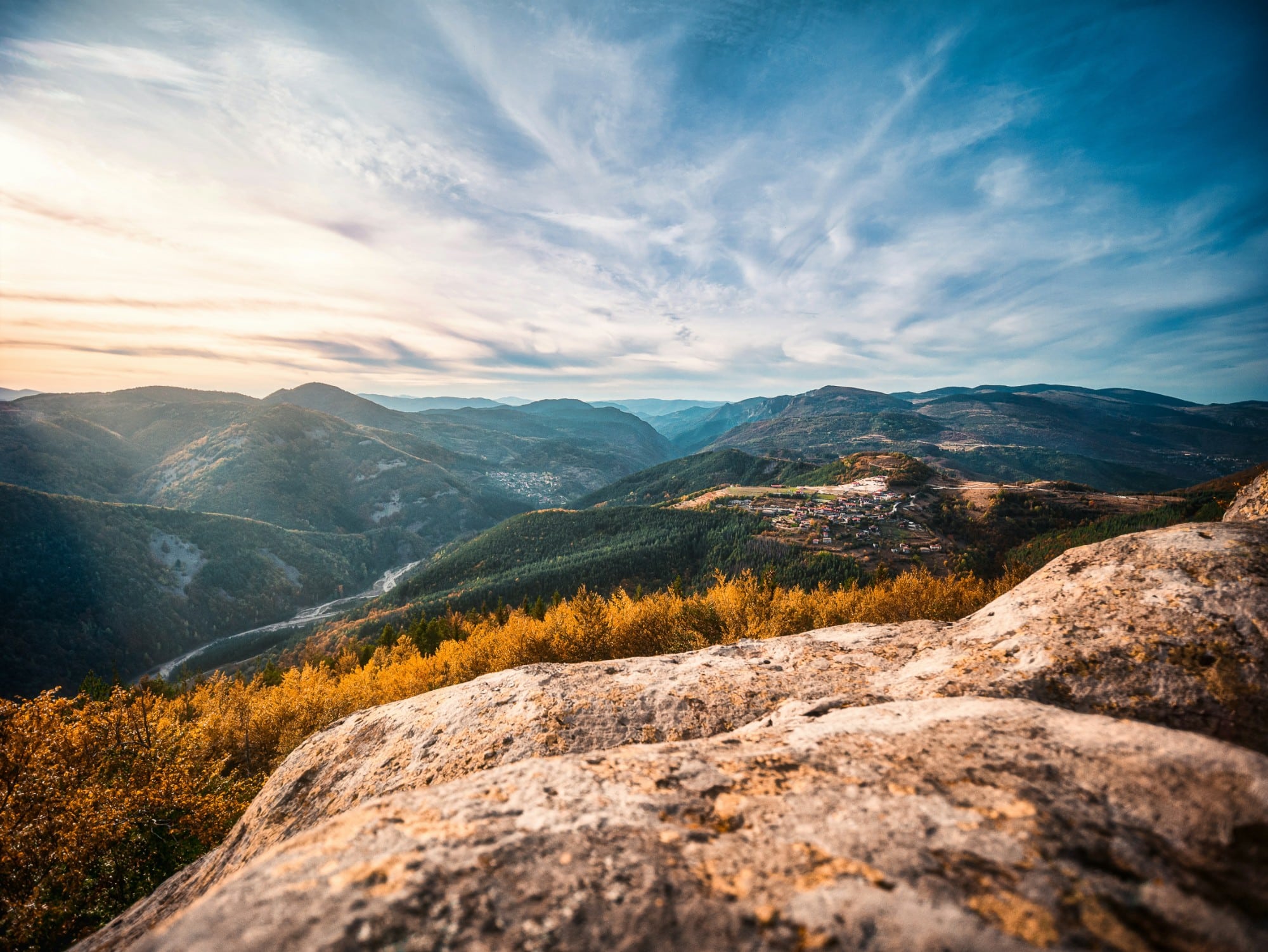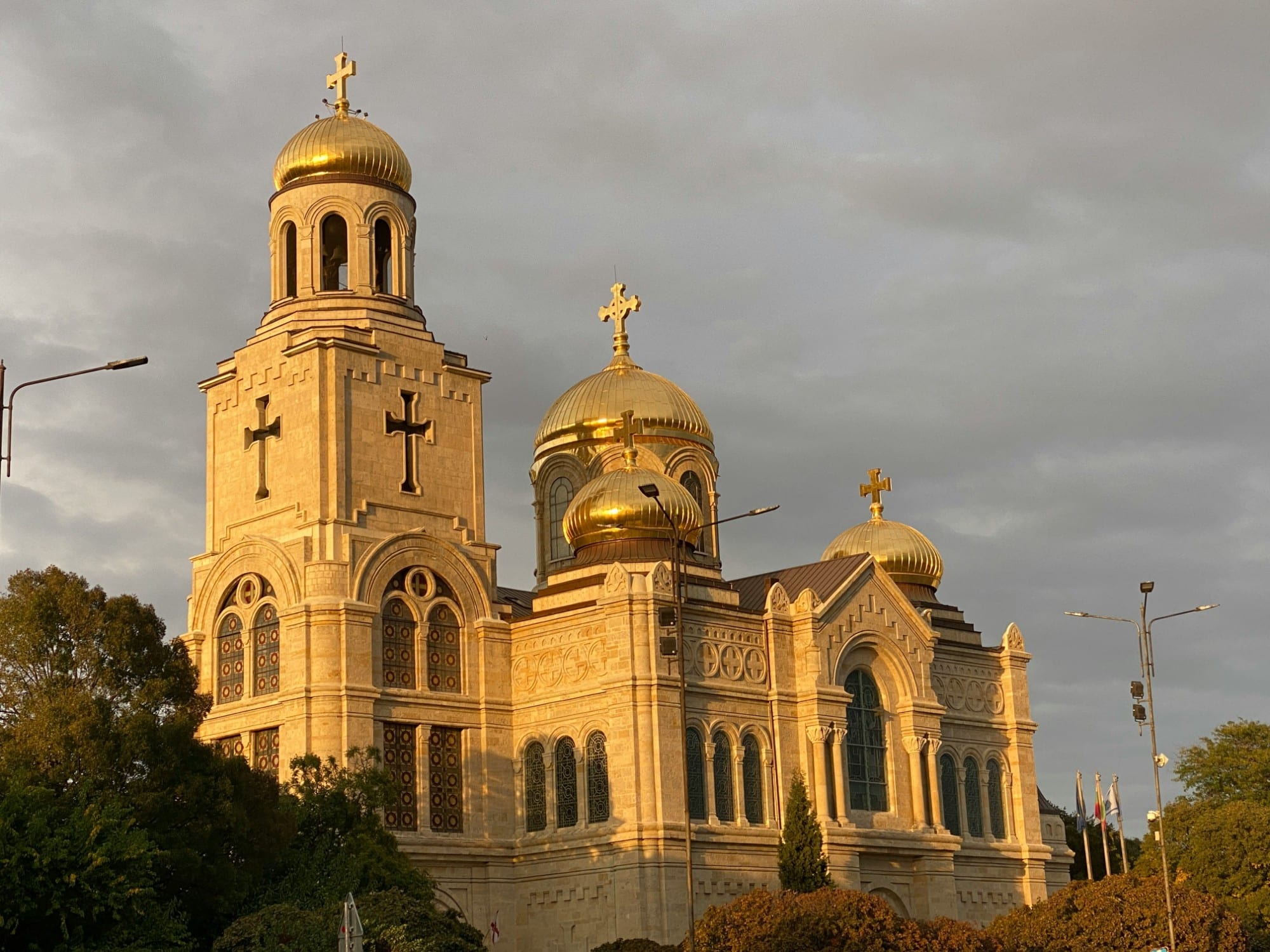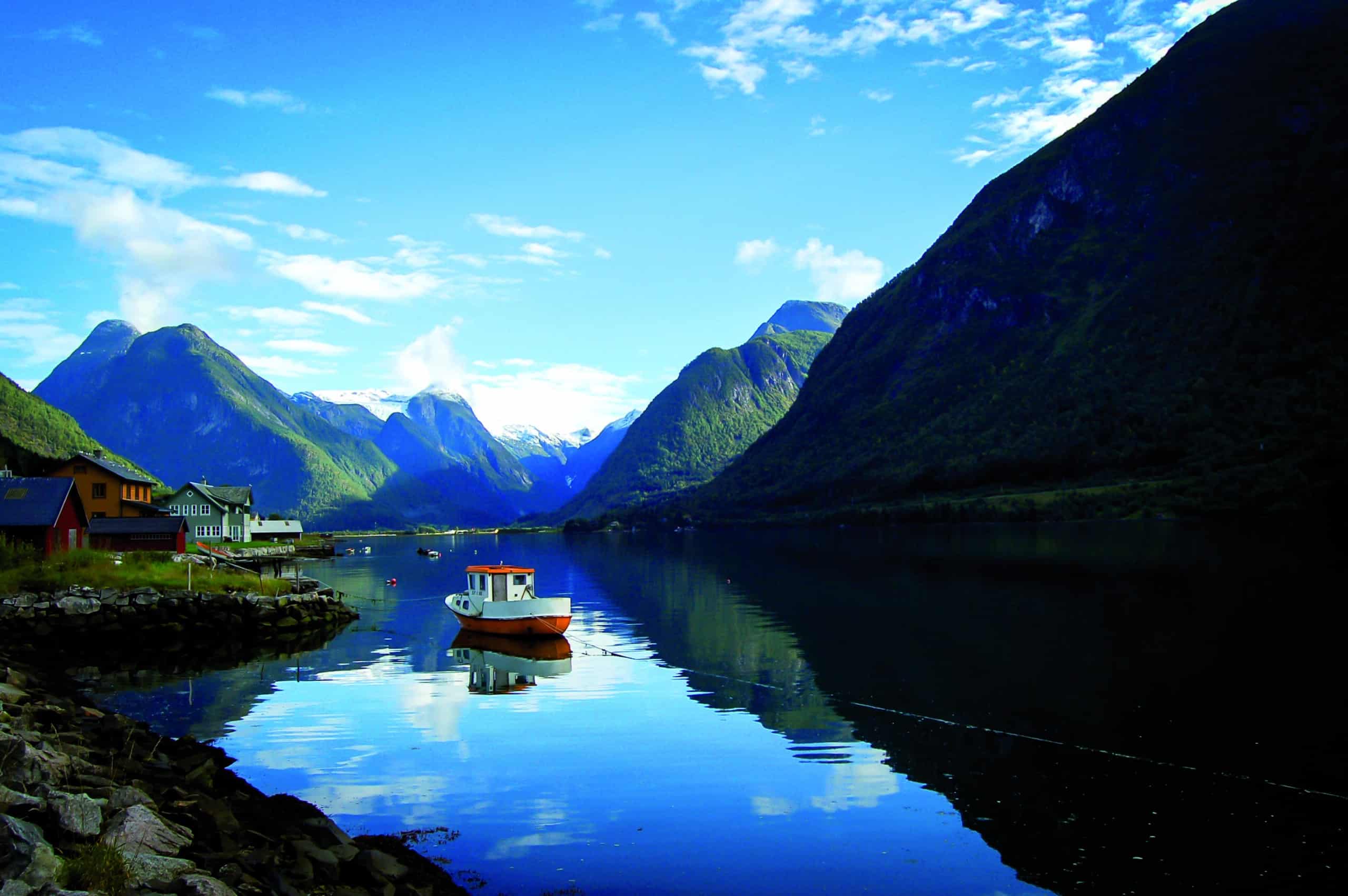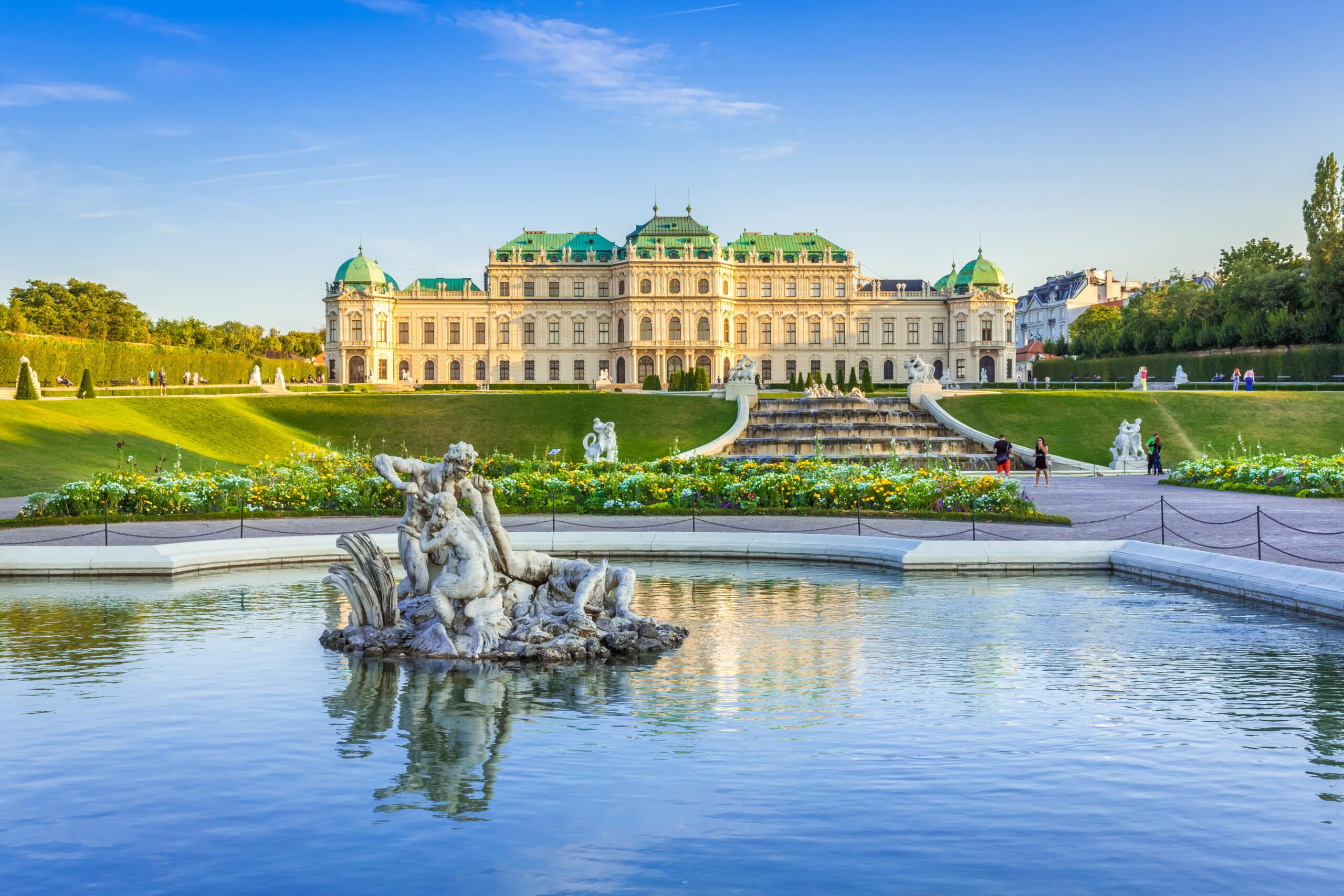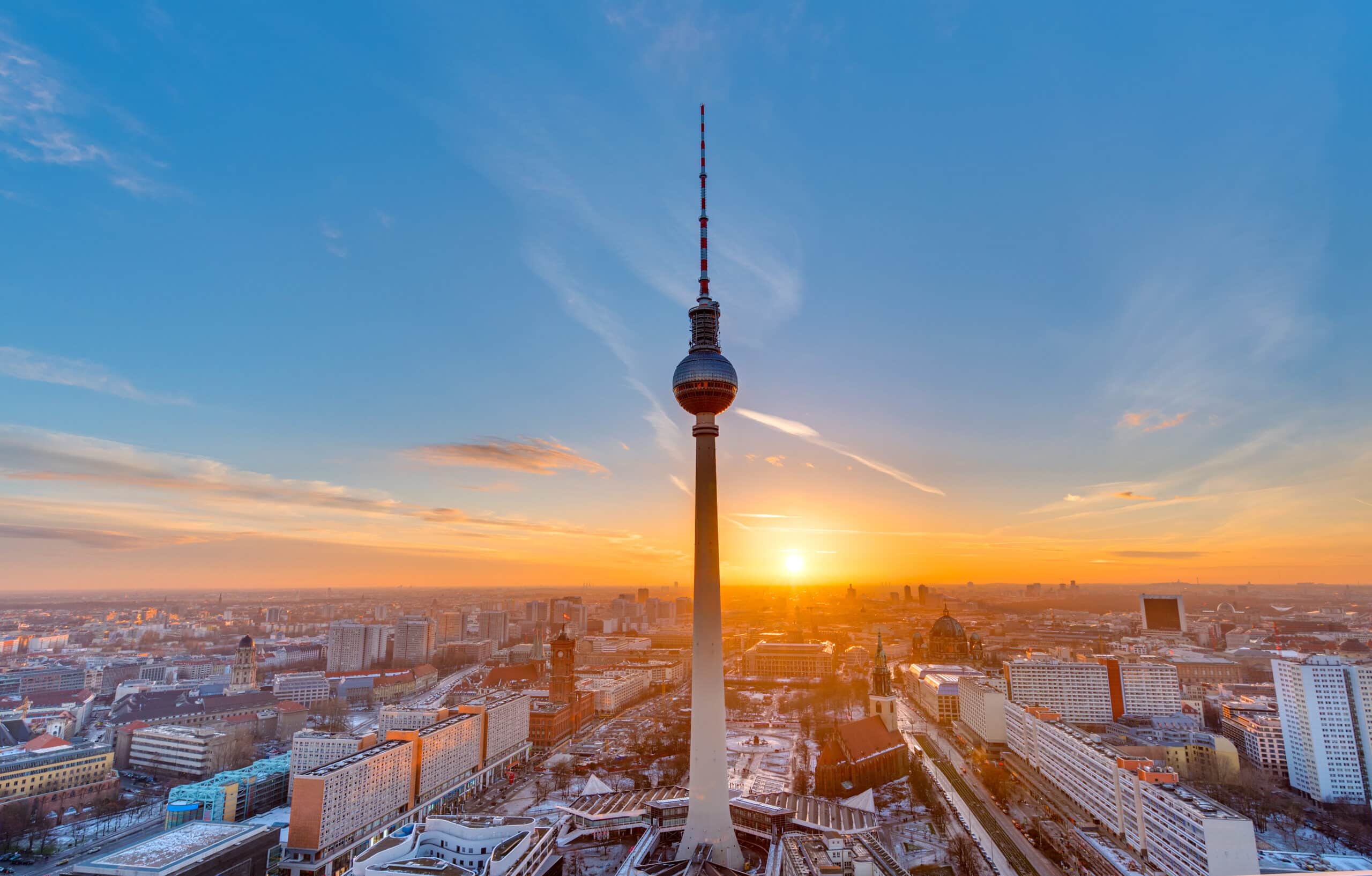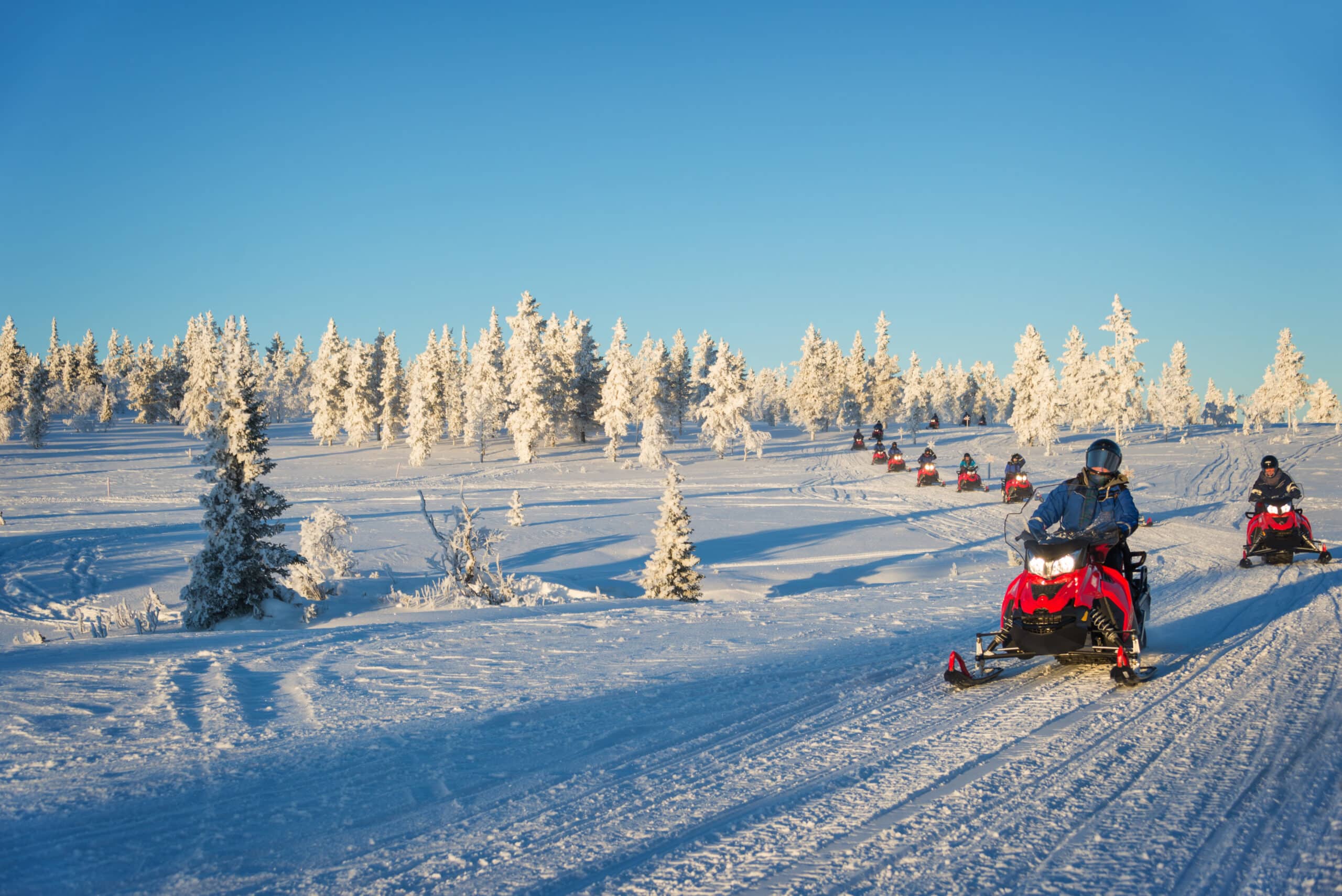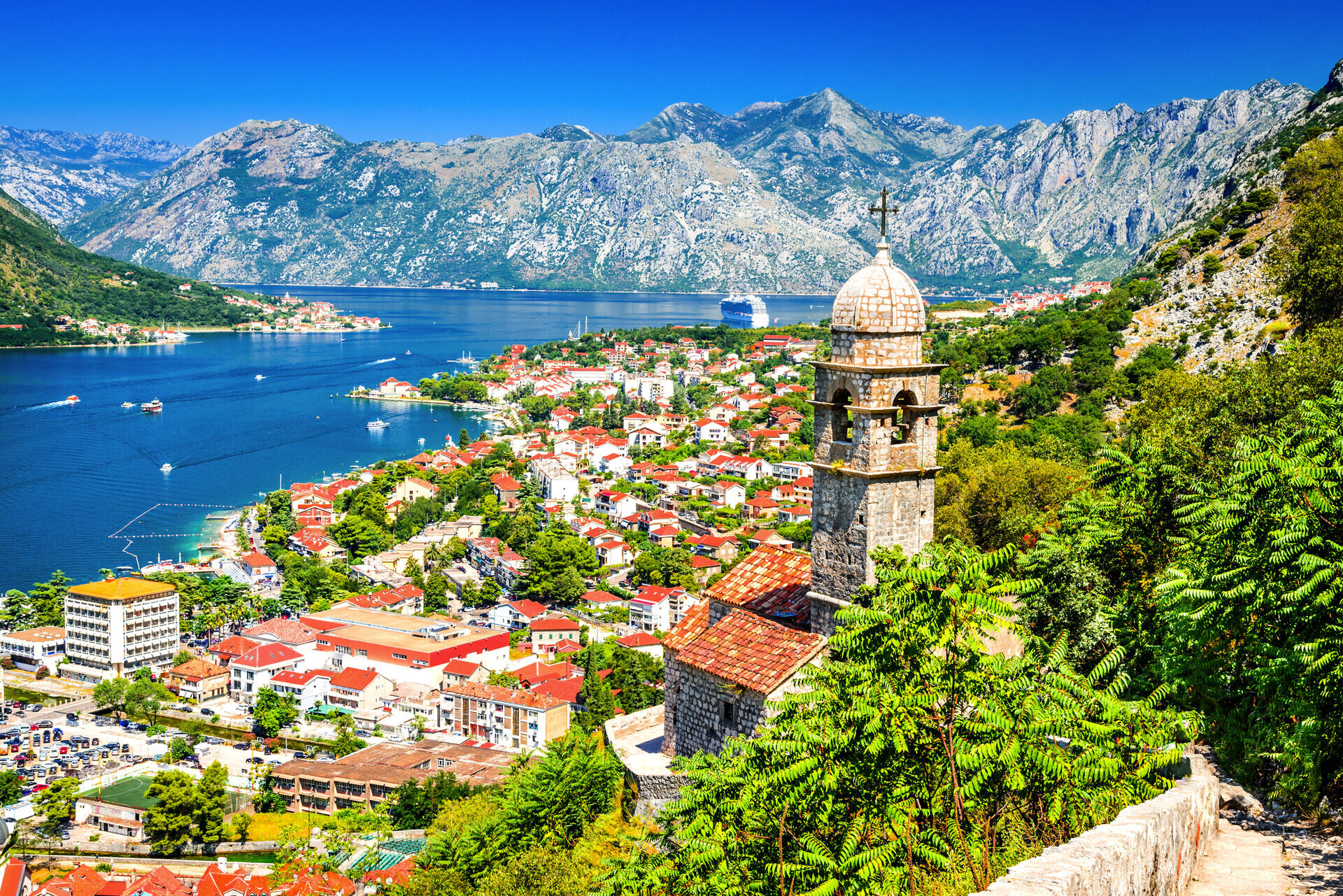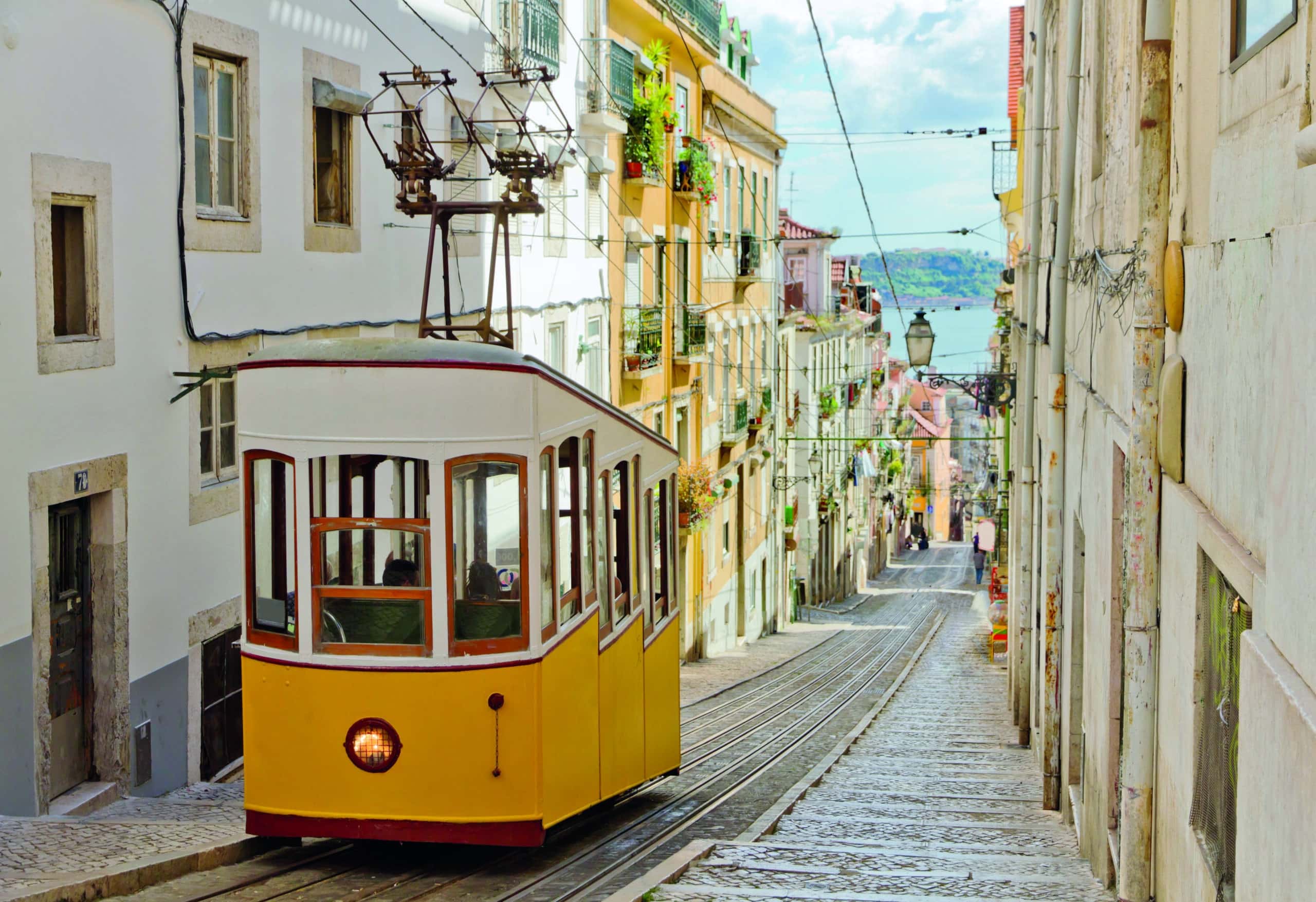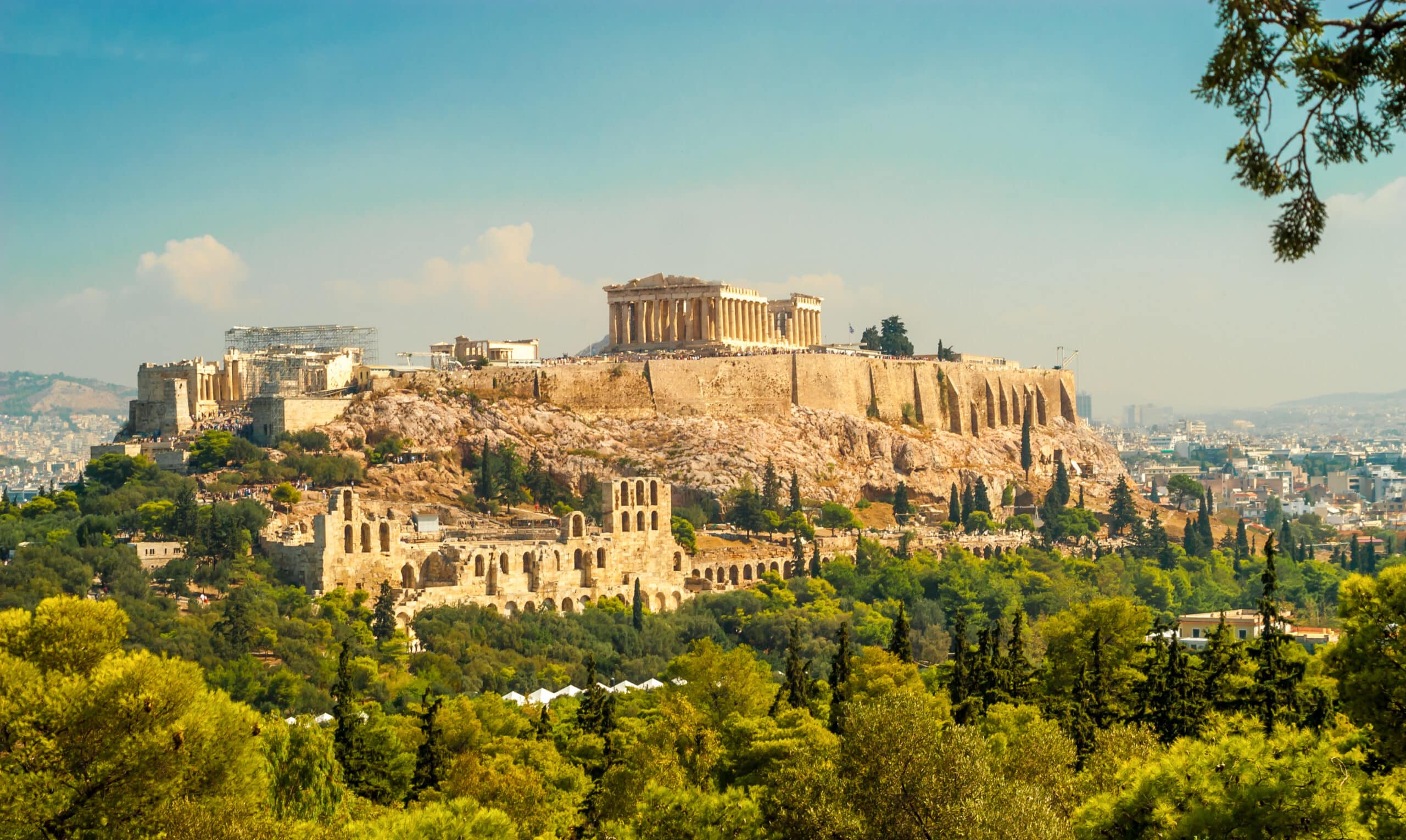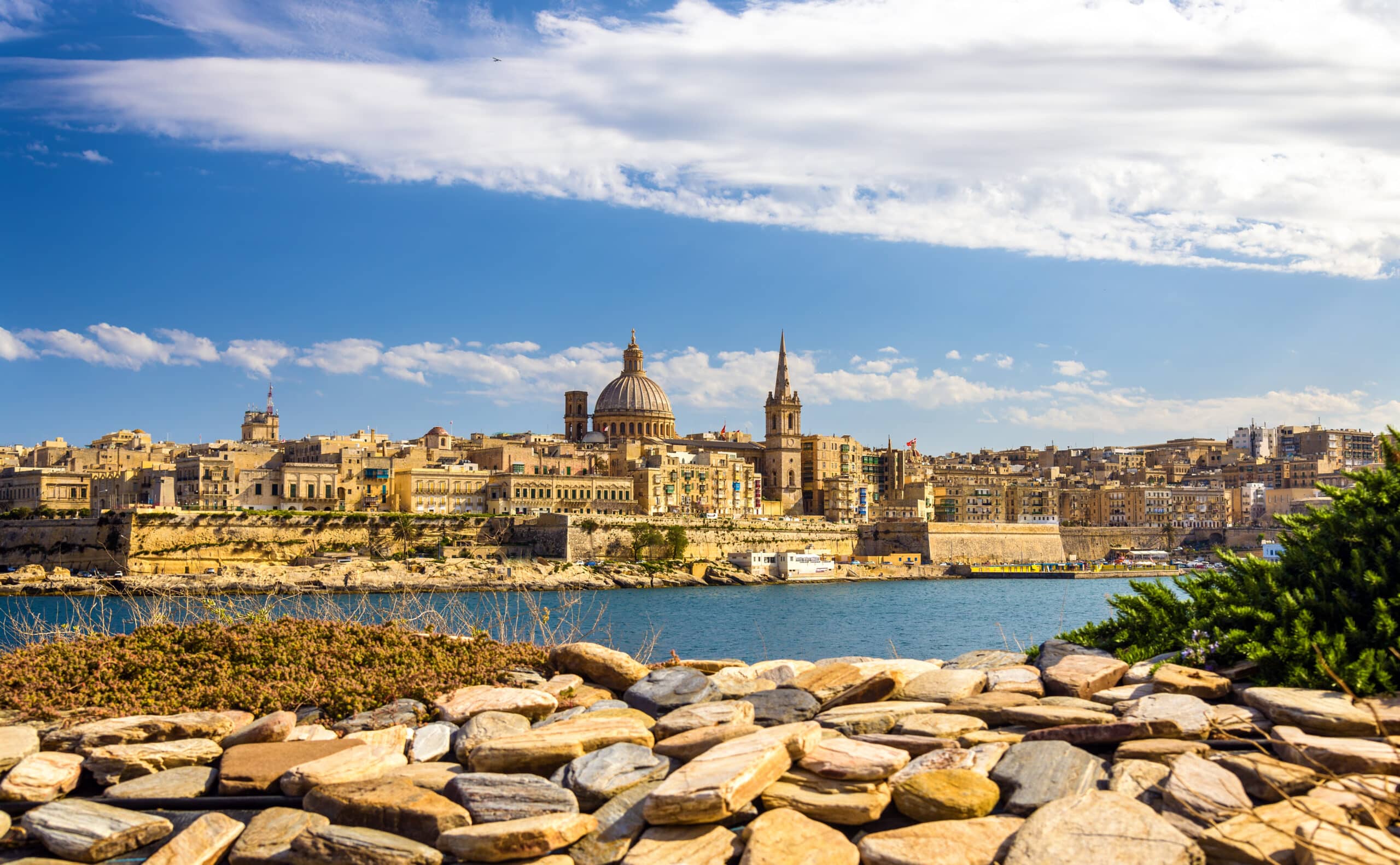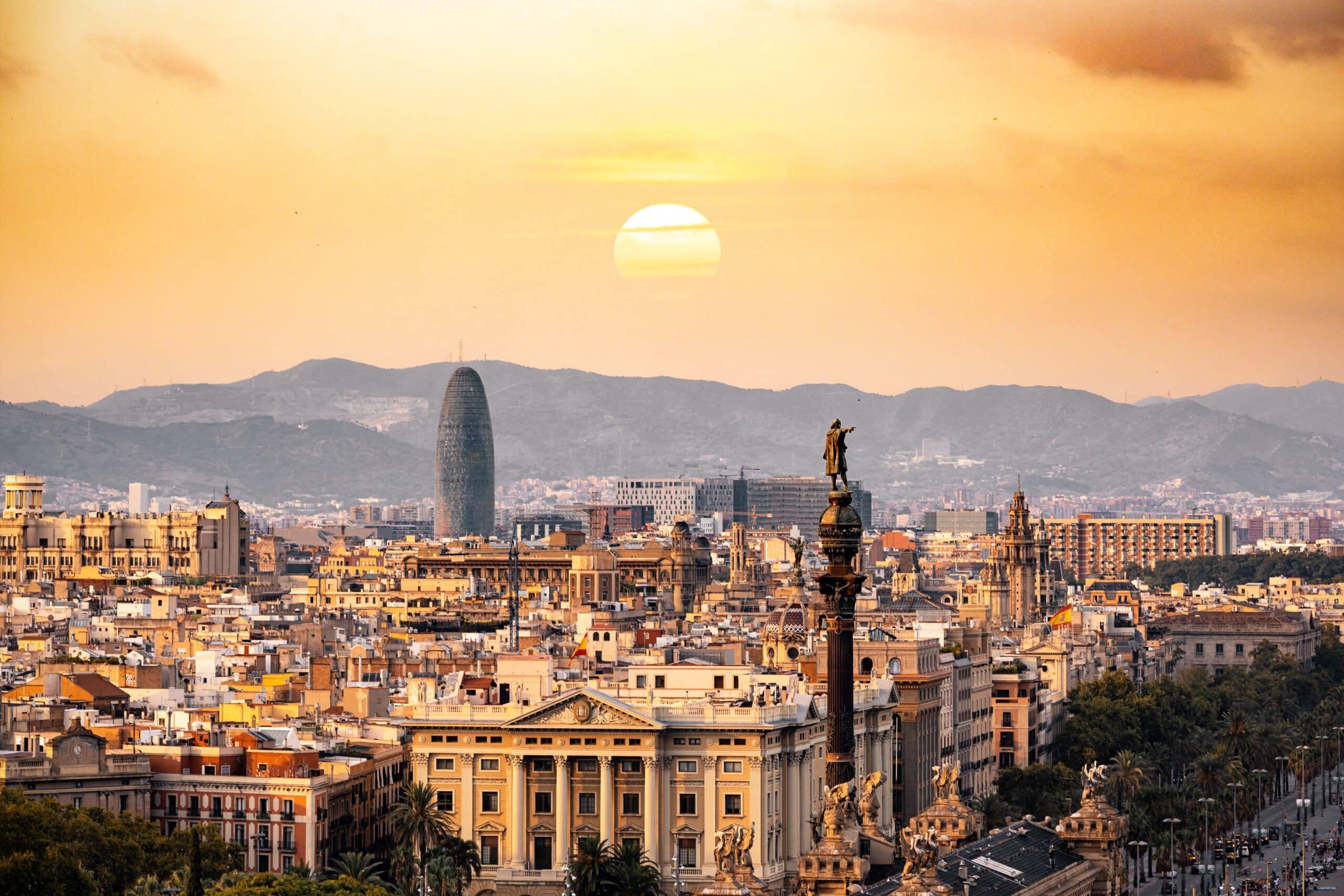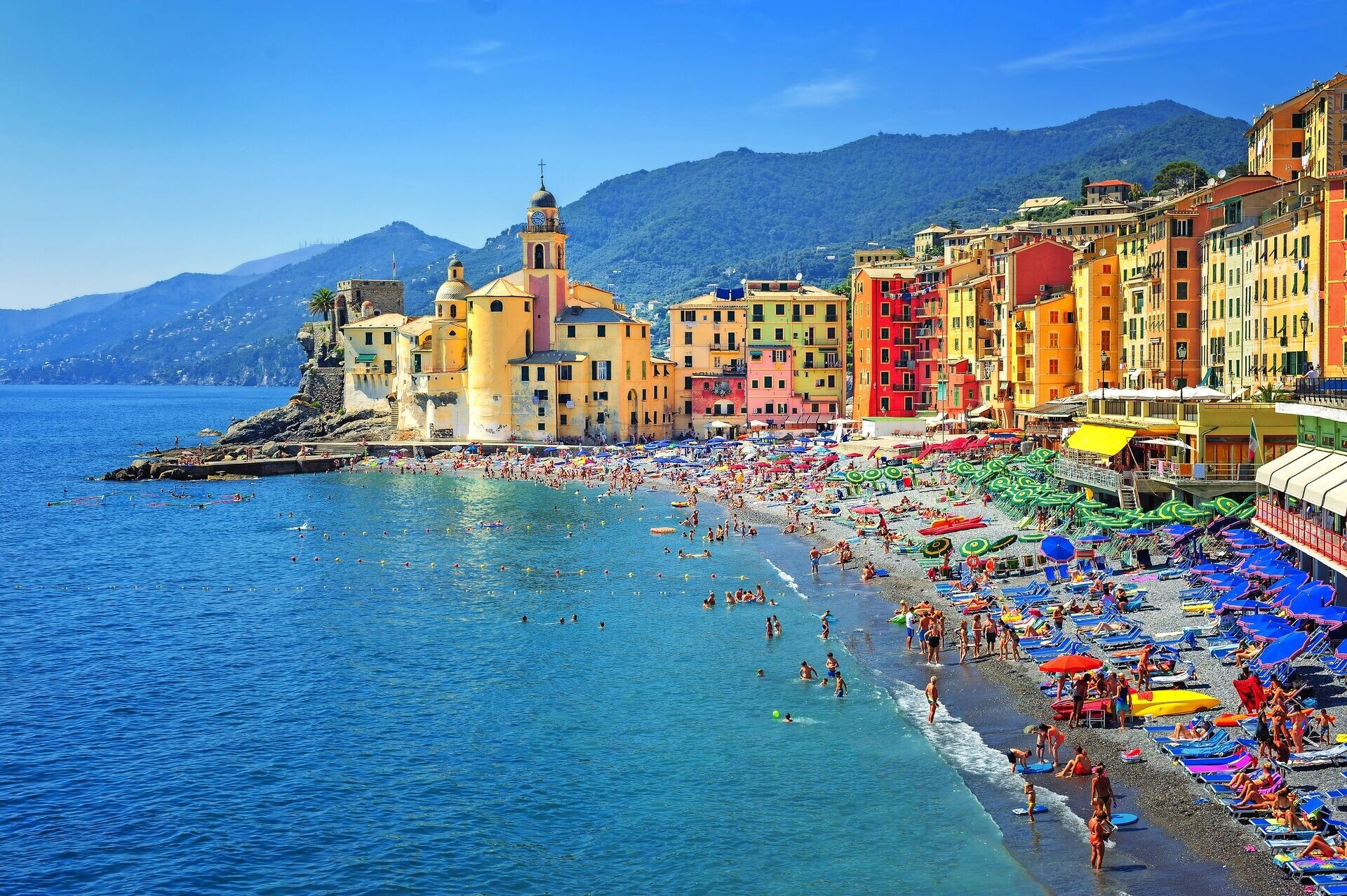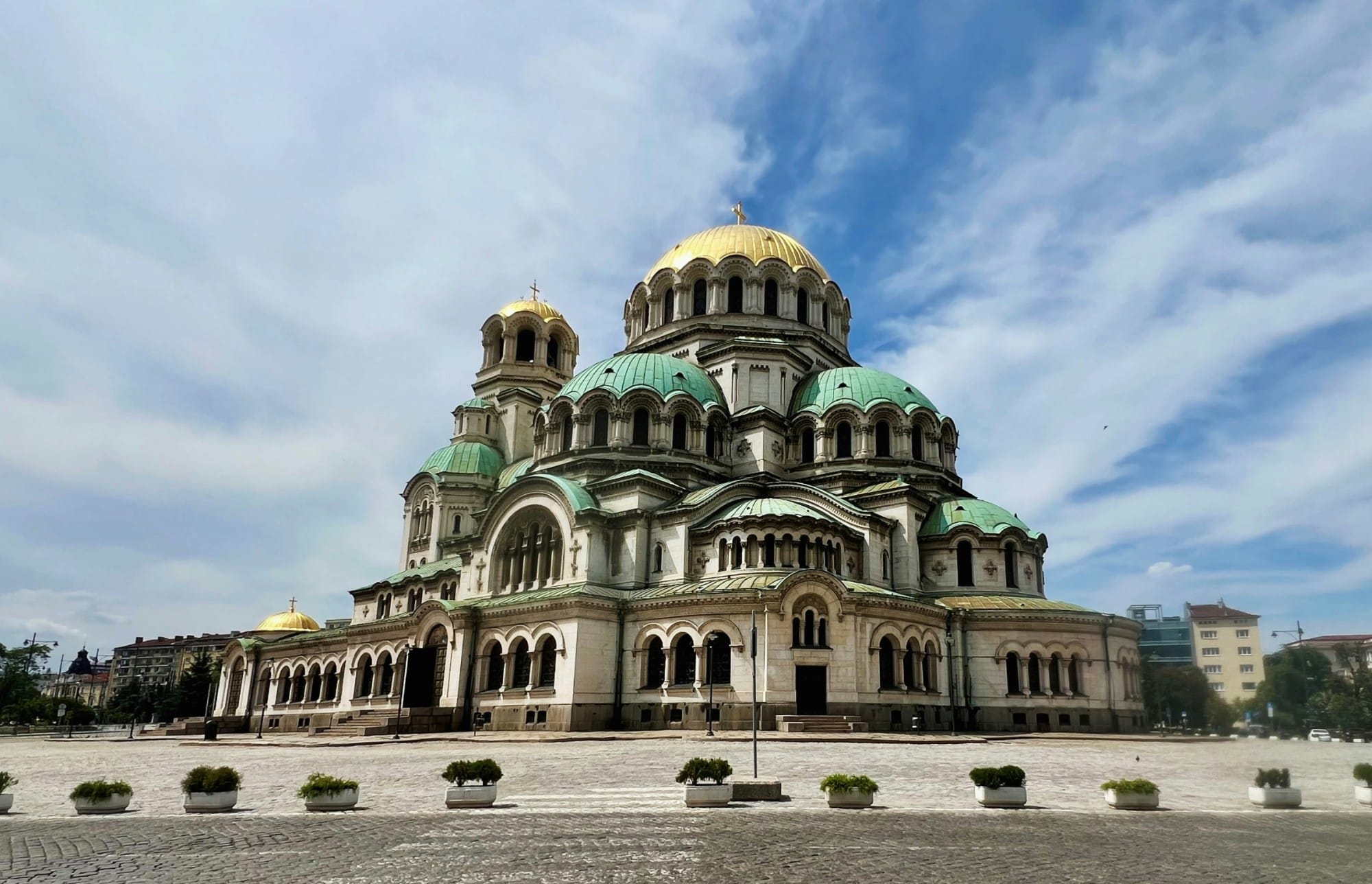
Travel and stay in Bulgaria
Between beaches of the Black Sea and Balkan peaks
Bulgaria, a land of ancient history, majestic Orthodox monasteries, wild mountains, and sunny beaches on the Black Sea, offers you an authentic and still little-known European destination. Whether you are attracted by its rich cultural heritage, preserved natural landscapes, or the warm hospitality of its people, our stays in Bulgaria are an invitation to discovery and wonder. Explore our offers and be surprised by the hidden treasures of the Balkans.
What to remember about Bulgaria in 4 points
A crossroads of civilizations
Discover a Thracian, Roman, Byzantine, and Ottoman heritage through archaeological sites and historic towns.
Spectacular Orthodox monasteries
Visit architectural and spiritual jewels like the Rila Monastery, a UNESCO World Heritage Site.
Varied landscapes
From the Balkan and Pirin Mountains, ideal for hiking, to the beaches of the Black Sea, via the Valley of Roses.
An authentic culture and renowned hospitality
Taste a delicious cuisine, discover vibrant folk traditions and enjoy Bulgarian hospitality.
Current offers
Discover Bulgaria
What are the must-visit places in Bulgaria?
Bulgaria offers a wealth of sites to explore. Sofia, the capital, houses the magnificent Alexander Nevsky Cathedral and Roman remains. The Rila Monastery, nestled in the mountains, is a masterpiece of Orthodox architecture and art. Plovdiv, one of Europe’s oldest cities, charms with its old town, Roman theater, and artistic Kapana district. Veliko Tarnovo, a former medieval capital, perched on hills overlooking the Yantra River, with its Tsarevets fortress. The Black Sea coast offers resorts like Sunny Beach ou Golden Sands, but also charming historic towns like Nessebar (a UNESCO World Heritage Site) and Sozopol. Do not miss the Valley of Roses (near Kazanlak) during the blooming period (May-June) and the ancient Thracian tombs. The Pirin (national park) and Rhodope Mountains offer great hiking opportunities.
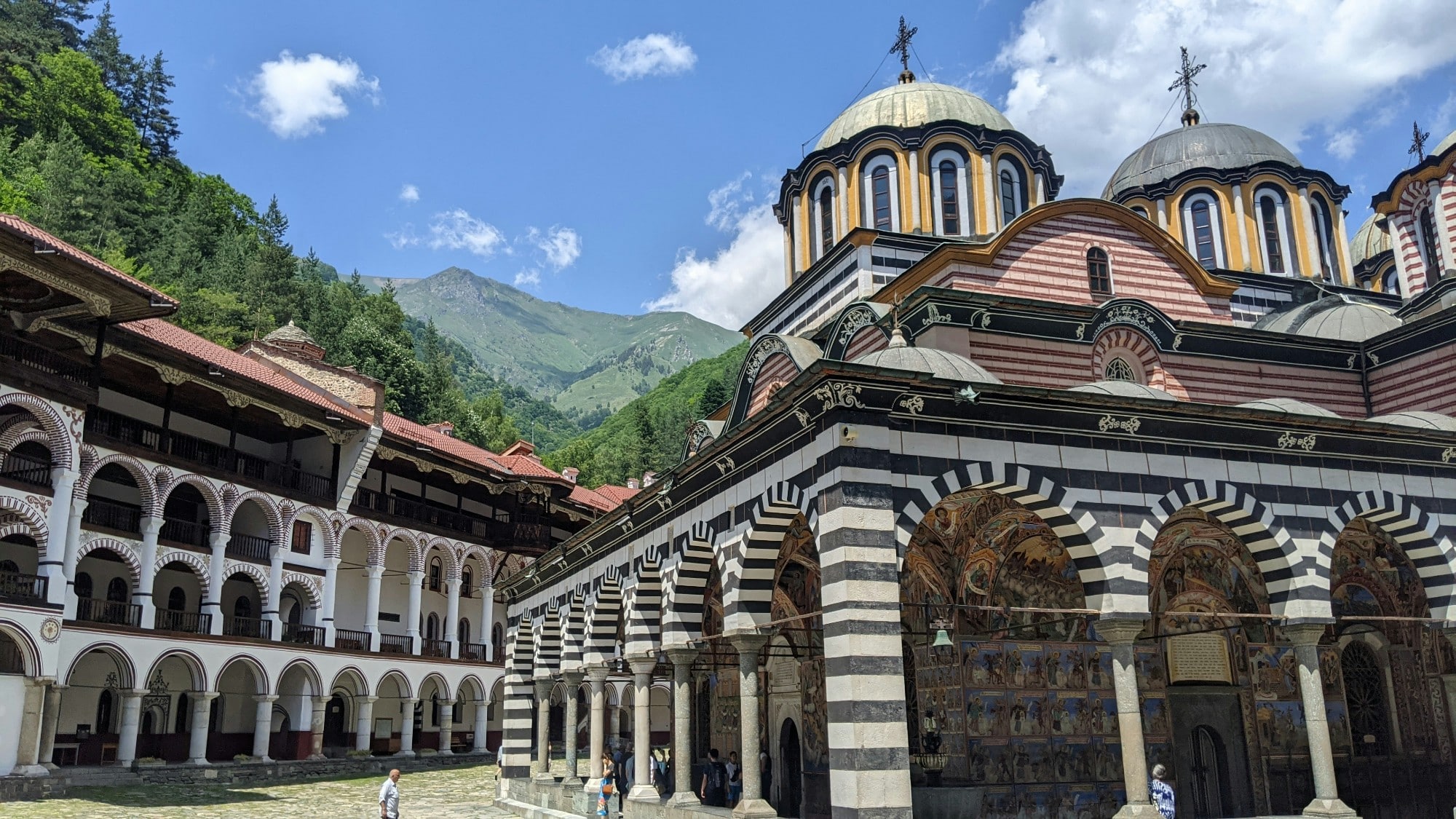
What are the most beautiful cities to visit in Bulgaria?
- Sofia: A dynamic capital, a blend of history and modernity.
- Plovdiv: Millennia-old city with unique charm, European Capital of Culture in 2019.
- Veliko Tarnovo: The former medieval capital with a spectacular setting.
- Nessebar: Jewel of the Black Sea, historical peninsula listed by UNESCO.
- Koprivchtitsa: Preserved museum-town, with its colorful houses from the Bulgarian National Revival.
- Bansko: Popular for skiing in winter and hiking in summer, at the foot of the Pirin massif.
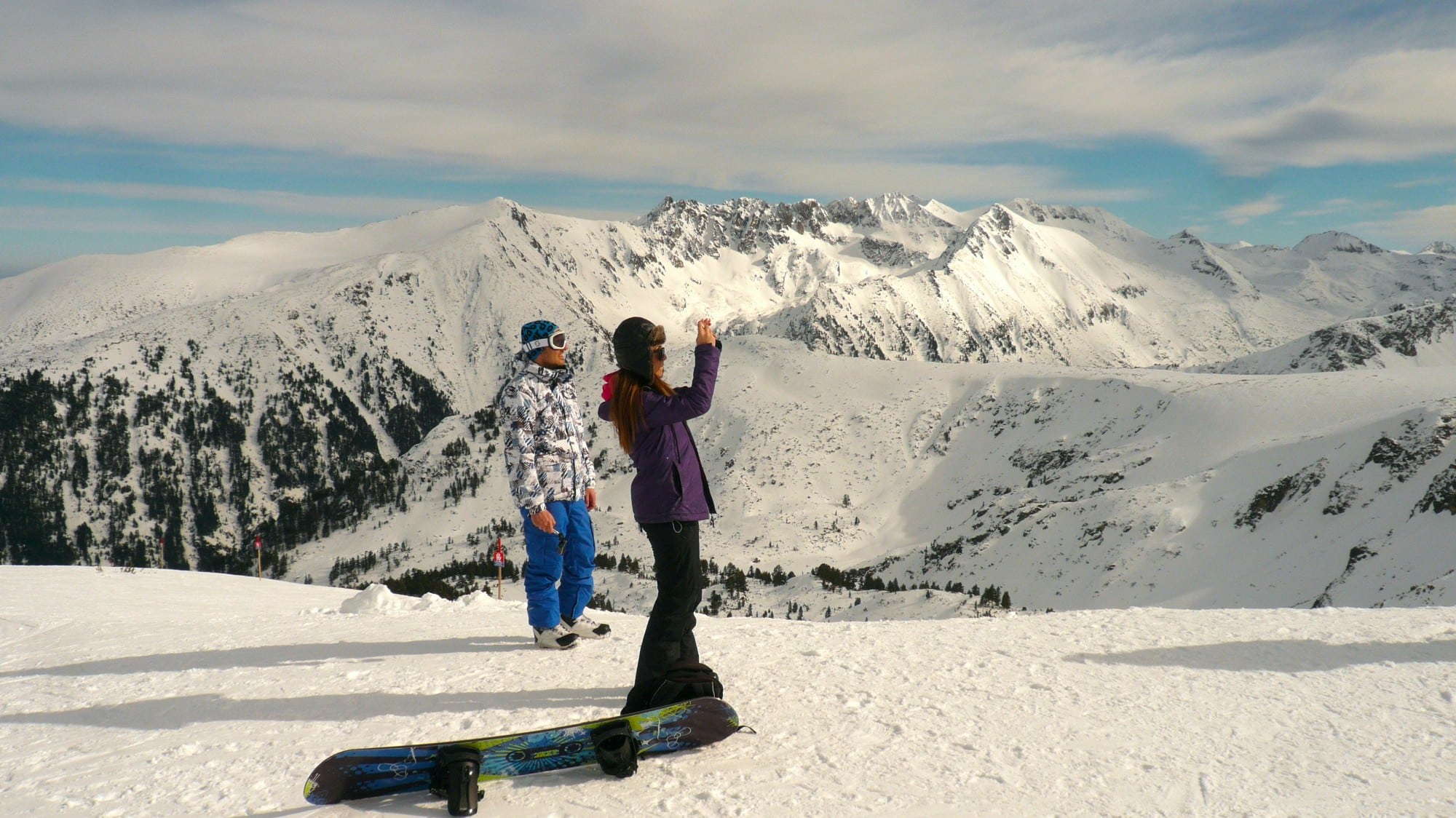
What is the climate like in Bulgaria?
Bulgaria has a temperate continental climate, with Mediterranean influences in the south and on the Black Sea coast.
- Winter (December to February): Cold and snowy, especially in the mountains, ideal for skiing. Temperatures can drop below 0°C.
- Spring (March to May): Pleasant, with gradually increasing temperatures and awakening nature.
- Summer (June to August): Hot and sunny, especially on the Black Sea coast and in the plains. Average temperatures are 20-25°C, potentially reaching 30-35°C.
- Autumn (September to November): Mild and often sunny, with beautiful colors. It’s a great season to visit. The best time depends on the activities: summer for the Black Sea, winter for skiing, spring, and autumn for cultural visits and hiking.
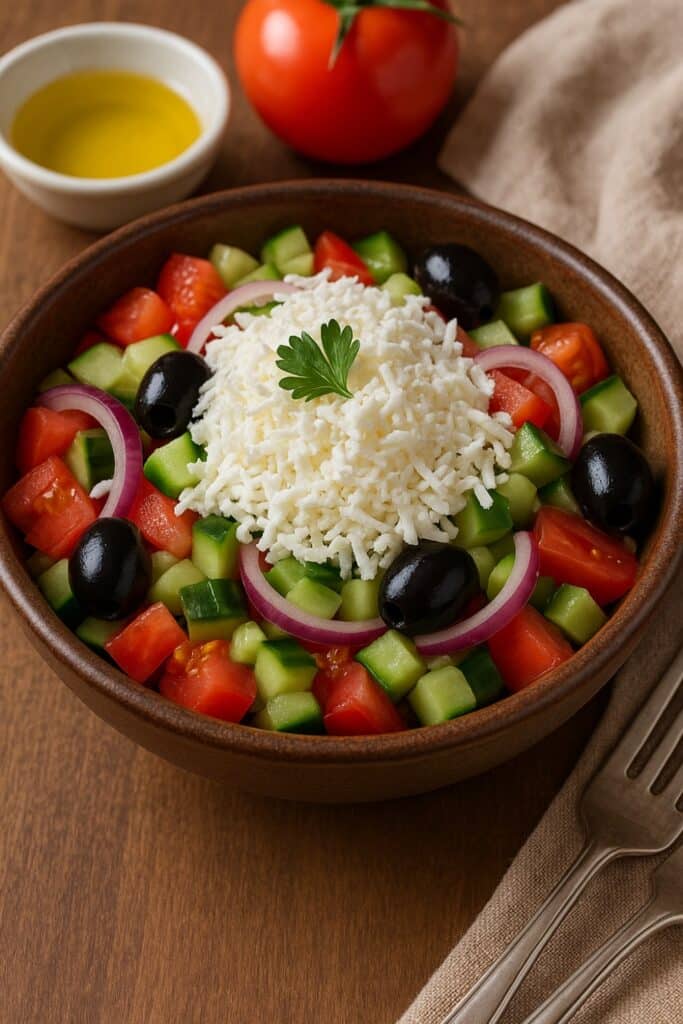
What to eat in Bulgaria? Gastronomy in Bulgaria
Bulgarian cuisine is delicious, fresh, and varied, with Balkan, Mediterranean, and Oriental influences. The shopska salata (tomato, cucumber, pepper, onion and grated sirene cheese salad) is a must-try. Try the banitsa (cheese pastry), the tarator (cold yogurt and cucumber soup), and the kyufteta (meatballs). Slow-cooked dishes like kavarma (meat and vegetables stew) or gyuvetch (baked dish) are popular. Bulgarian yogurt (kiselo mlyako) is globally renowned. Bulgaria also produces excellent wines (especially red ones) and the rakia (fruit brandy) is the national drink.
When to go to Bulgaria?
Sofia
| Jan | Feb | March | April | Mai | June | July | Aug | Sept | Oct | Nov | Dec | |
|---|---|---|---|---|---|---|---|---|---|---|---|---|
| Our opinion | ||||||||||||
| T° max | 4°C | 7°C | 12°C | 17°C | 21°C | 25°C | 28°C | 28°C | 23°C | 18°C | 10°C | 4°C |
| Rainy days | 6 d | 6 d | 7 d | 8 d | 9 d | 8 d | 7 d | 6 d | 4 d | 8 d | 7 d | 8 d |
| T° sea | 8°C | 8°C | 8°C | 10°C | 15°C | 21°C | 24°C | 25°C | 22°C | 18°C | 14°C | 10°C |
| Beach | ||||||||||||
| Hiking |
Practical advice for your trip to Bulgaria
In Bulgaria, to say “yes”, you nod your head from left to right (as to say “no” in many countries), and to say “no”, you nod your head up and down. This can be confusing at first!
The official currency is the Bulgarian Lev (BGN). The Euro is generally not accepted for direct payments, except in some large hotels or for specific tourist services where prices may be displayed in euros, but payment will often be made in leva. Bulgaria will join the eurozone on January 1, 2026.
Credit cards are accepted in most hotels, restaurants, and shops in major cities and tourist resorts. It is advisable to have cash in leva for small businesses, markets, and in rural areas. ATMs are common.
The inhabitants of Bulgaria are called Bulgarians. (The feminine is also Bulgarian, or sometimes BulgarKa informally).
The official language is Bulgarian, a Slavic language written with the Cyrillic alphabet. In tourist areas, English is increasingly spoken, especially by young people. German and Russian may also be understood by some people. Learning a few words of Bulgarian will be much appreciated.
In Bulgaria, electrical plugs are of type F (Schuko), compatible with type C and E plugs. The standard voltage is 230V, and the frequency is 50Hz. French devices work without an adapter.

